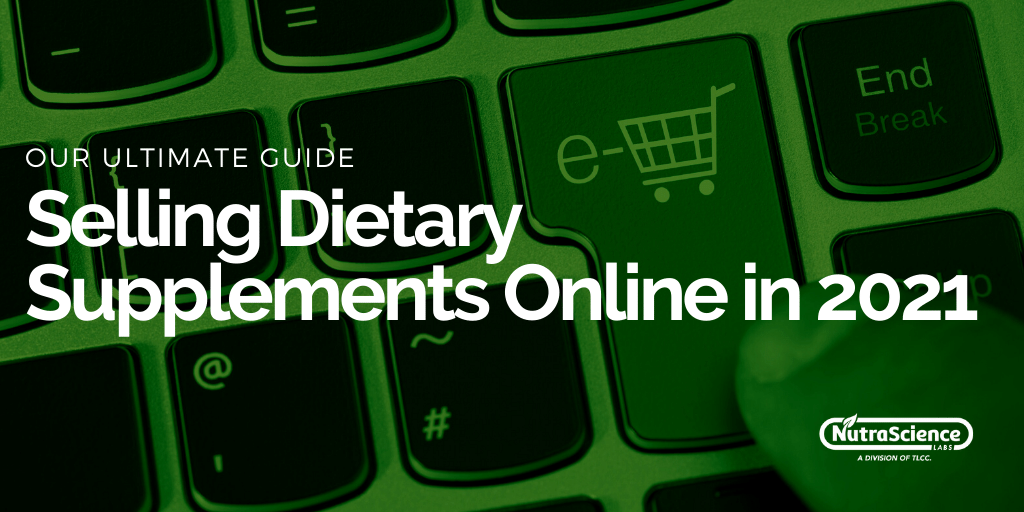Licorice Nutritional Facts, Health Benefits and Market Trends
Licorice is one of the oldest herbal remedies in the world. Its medicinal benefits date back to thousands of years, where Egyptian pharaohs and Julius Caesar lauded licorice for its properties to address skin and digestive health.[i] [ii]
Nowadays, licorice is used to flavor drinks, is found in popular candies, as well as supplements that are formulated to address a host of health issues. This blog will get you acquainted with the nutritional facts, benefits, and market trends related to licorice.
What is Licorice?
Native to Southern Europe and Western Asia, the licorice plant (Glycyrrhiza glabra) is a small perennial herb. Traditionally, people have been using licorice root for promoting a wide range of health and wellness concerns, including respiratory health, skin health, joint health, digestive system health, and others. The name Glycyrrhiza glabra is derived from the Grecian words – glykys (sweet) and rhiza (root) and Latino word – glaber (slick or bare).[iii] [iv]
What Are the Health Benefits of Licorice?
Licorice is used for addressing a wide range of health and wellness concerns. The benefits of licorice range from promoting healthy skin and respiratory health, as well as supporting healthy digestive function, including relieve of some temporary digestive discomforts.
Eases Menopausal Symptoms
Licorice can be beneficial in reducing certain menopausal symptoms. A study shows that licorice root components can effectively impact estrogen activity to promote a healthy metabolic and cardiovascular system. Therefore, licorice supplements might be suitable for helping to relieve some menopausal symptoms.
Promotes Good Digestive Health
Findings from various studies reveal that licorice root is effective in relieving some temporary digestive discomforts. According to a 30-day, double-blinded, randomized, placebo-controlled study, flavonoids glabrene, and glabridin present in the licorice root effectively offer relief from temporary stomach discomfort, including heartburn.
May Support a Healthy Immune System
Glycyrrhizin in licorice root may help support and strengthen immunity.
Offers Calming Relief for the Skin
Licorice consists of 20+ triterpenoids and around 300 flavonoids that help calm and soothe the skin.
May Help Promote Good Oral and Dental Health
Studies reveal that the bioactive constituents of licorice, especially glycyrrhizin, can help one maintain good oral and dental health. This includes promoting a healthy microbiome in the mouth. Further, a study on preschool-aged kids shows that consuming sugar-free licorice-root lollypops likewise promoting a healthy mouth microbiome.
May Support Healthy Liver Function
Anti viral properties of glycyrrhizin in licorice extract may help treat hepatitis C, a condition caused by a virus that infects the liver. Hepatitis C can cause inflammation and lead to long-term liver damage. Laboratory studies in Japan reveal that licorice root may help treat chronic hepatitis C in patients who don’t respond to other treatments.[v]
What’s the Best Delivery Format for Licorice Supplements?
Licorice supplements are available in various forms, including powders, capsules, tablets, and more.
Licorice Dosage
Though currently, there’s no standard recommendation for licorice dosage, both the World Health Organization (WHO) and European Scientific Committee on Food recommend limiting glycyrrhizin intake to 100 mg/day.[vi] [vii]
For topical use, gel products with 1% or 2% licorice root extract may be applied to the skin thrice a day for 2 weeks.
Though glycyrrhizin in licorice offers many medicinal properties, chronic and large doses of this compound can cause specific adverse symptoms. Licorice is not recommended for pregnant and breast-feeding women and people suffering from heart disease, high blood pressure, hormone-sensitive medical conditions, hypertonia, hypokalemia, kidney disease, and males with sexual problems.
Deglycyrrhizinated licorice (DGL) powders and capsules can be safe for these individuals as these products are free from glycyrrhizin, which is responsible for most of the side effects. At the same time, it’s not clear whether the DGL products provide the same health benefits since the majority of licorice’s beneficial properties are attributed to glycyrrhizin. However, the benefits for digestive health appear to be just as effective with DGL.
Licorice Market Trend
The global licorice extract market is expected to grow from 2021 to 2025 at a CAGR of 3.75%. Growing health consciousness among consumers, the prevalence of diseases like diabetes, celiac diseases, and gut-related issues, and a shift towards consumption of organic medicines drive the licorice extract market growth. Further, licorice is becoming increasingly popular as a sweetener in the food and beverage industry and an effective flavoring agent.
The market is experiencing increased demand from developed markets like Asia-Pacific and European countries. The need for organic medicine is estimated to increase the licorice demand in Europe and the United States. Licorice supplements hold substantial potential in the current competitive market too.[viii] [ix]
Supplement Contract Manufacturing with NutraScience Labs
Are you thinking of making an effective licorice supplement? NutraScience Labs is a leading contract supplement manufacturer in the United States. With our 120+ years of experience and expertise in the nutraceutical industry, we can help you develop high-quality licorice supplements. Our turnkey services encompass award-winning and FDA-compliant labeling and packaging services and world-class order fulfillment services. Our unmatched flavoring capabilities can help you with unique flavoring options too! Call us at 855-492-7388 to know how we can help you create your licorice supplement or send us your request to receive a free nutraceutical manufacturing price quote.
References:
[i] https://www.healthline.com/nutrition/licorice-root
[ii] https://www.verywellfit.com/licorice-nutrition-facts-4589470
[iii] https://www.webmd.com/vitamins/ai/ingredientmono-881/licorice
[iv] https://www.ncbi.nlm.nih.gov/pmc/articles/PMC7175350/
[v] https://www.medicalnewstoday.com/articles/323761
[vi] https://www.who.int/ipcs/publications/jecfa/en/summary_final.pdf
[vii] https://ec.europa.eu/food/sites/food/files/safety/docs/sci-com_scf_out186_en.pdf
[viii] https://www.mordorintelligence.com/industry-reports/licorice-extract-market
[ix] https://www.futuremarketinsights.com/reports/licorice-root-market








